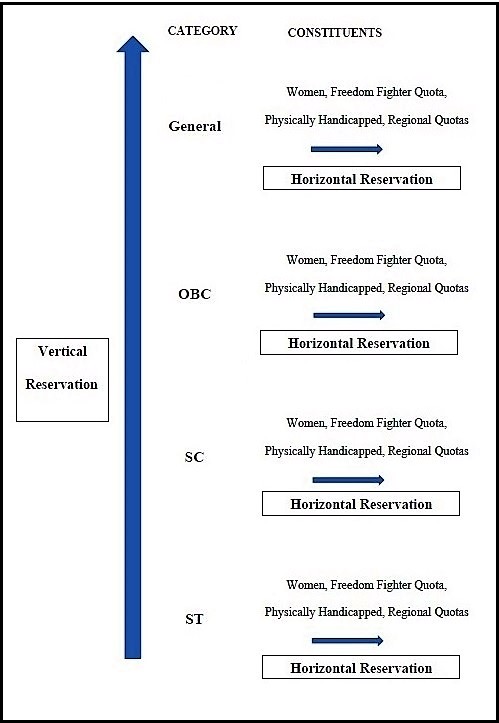7667766266
enquiry@shankarias.in
The Uttarakhand Assembly has passed a Bill to provide 30% horizontal reservation to local women in state government services.

Quick facts
Saurav Yadav case
Other cases
References